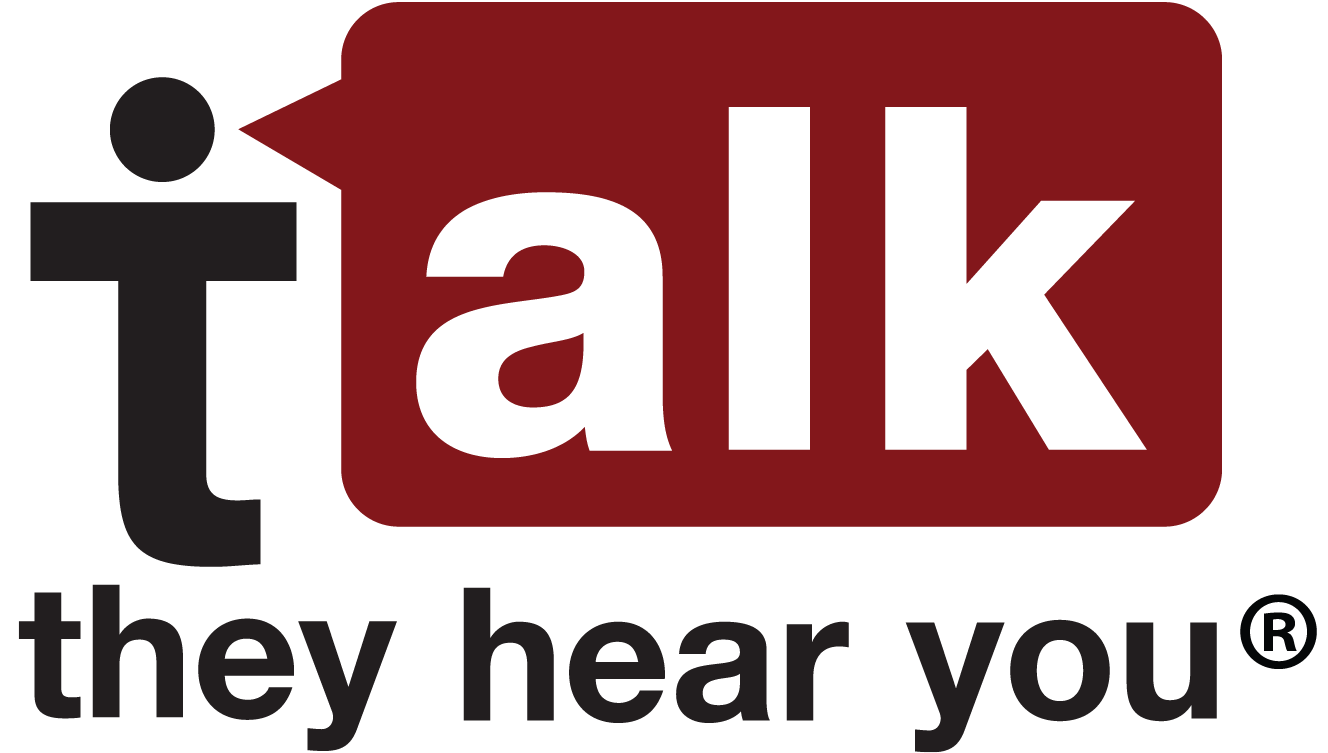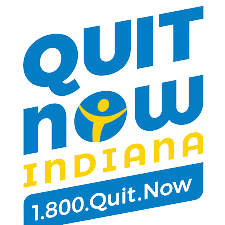Stories and Successes |
|
12/18/2019 2 Comments Impaired DrivingThough intended to be a festive time, December often brings with it holiday-induced stressors such as facing grief and loss, increased family pressures, and finances stretched thin. Add in a surplus of social activities that commonly include alcohol, and for some during this season, staying sober can be difficult.
By the time New Year's Eve has come and gone, authorities see a spike in Operating While Intoxicated (OWI) offenses, binge drinking scares, and other drug- and alcohol-related issues. Buzzed Driving: The Sobering Statistics
It is important to note, however, that alcohol isn’t the only substance impairing drivers—drugged driving is on the rise. Use of illicit drugs and/or the misuse of prescription drugs can also make driving a motor vehicle unsafe. According to the 2017 National Survey on Drug Use and Health, nearly 13 million people drove after using illicit drugs. As the statistics show, drinking and/or using illicit drugs and driving should never be combined. All too often people believe they are “okay to drive” when in fact they are not. Unsure how to determine if you are too impaired to drive? The bottom line is this: If You Feel Different, You Drive Different. Avoid making poor decisions at holiday events by planning ahead and ensuring a sober ride home in advance of any alcohol consumption. Help keep our roadways safe this holiday season. Plan ahead, establish safe transportation, and avoid impaired driving. Remember, driving while impaired not only puts you and your passengers in danger, but also the lives of pedestrians and other drivers and their passengers.
2 Comments
|
AuthorMultiple Authors including coalition staff, board members, and coalition members contribute to this page. Archives
March 2023
|
Location100 N. Meridian Street
Portland, Indiana 47371 |
About UsThe Jay County Drug Prevention Coalition (JCDPC) is part of the statewide network of the Indiana Commission to Combat Drug Abuse. The JCDPC is the Local Coordinating Council (LCC) for the community.
Contact UsGeneral Info:
(260) 251-3259 [email protected] Recovery Info: [email protected] Prevention Info: [email protected] |
|

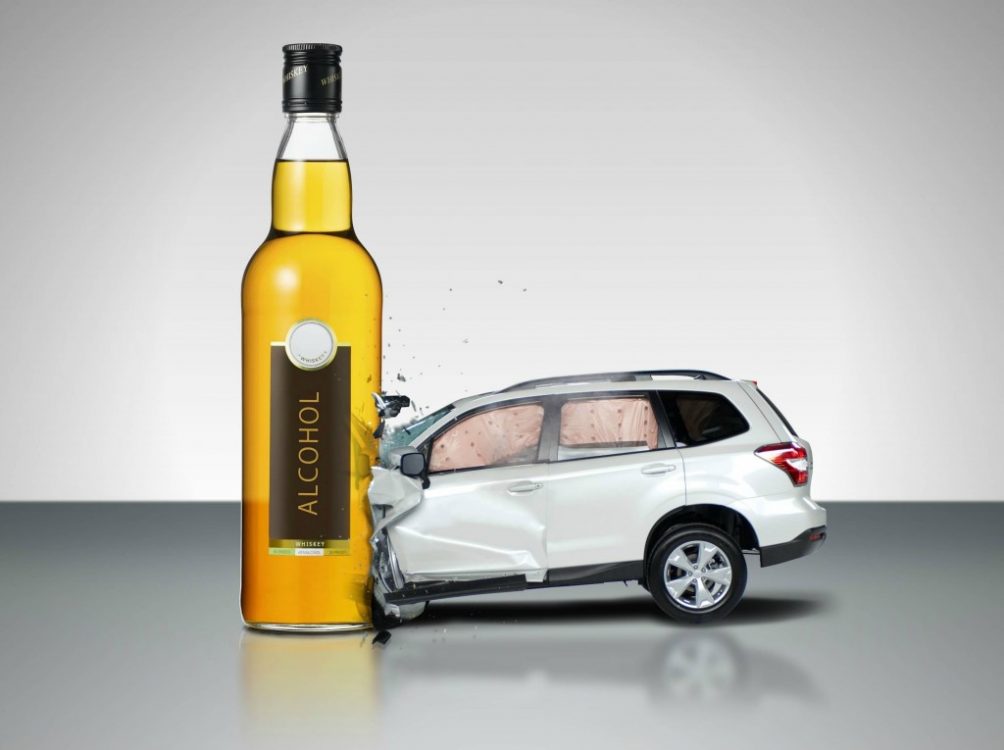
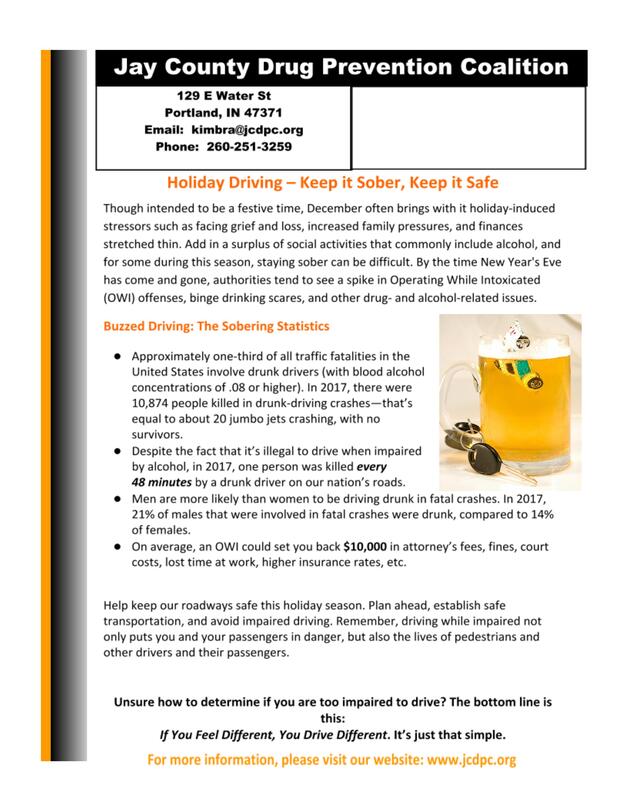
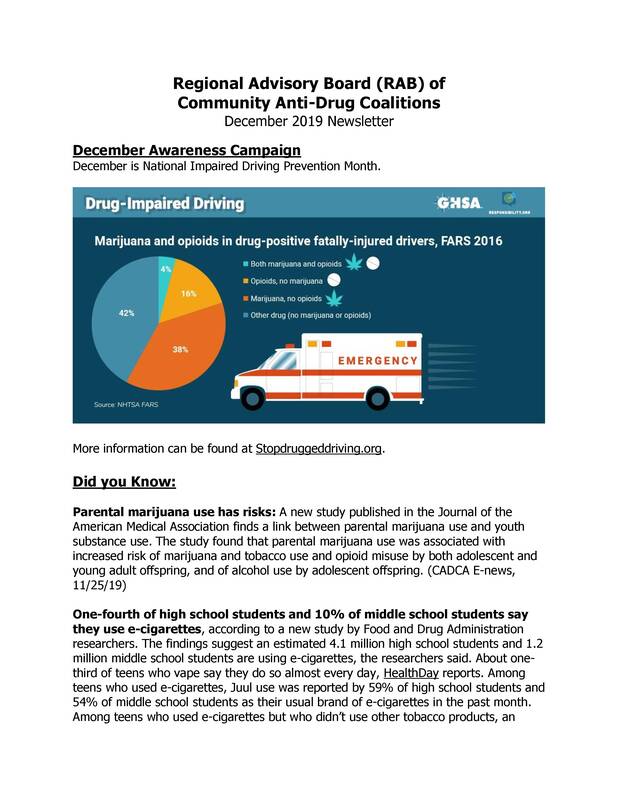
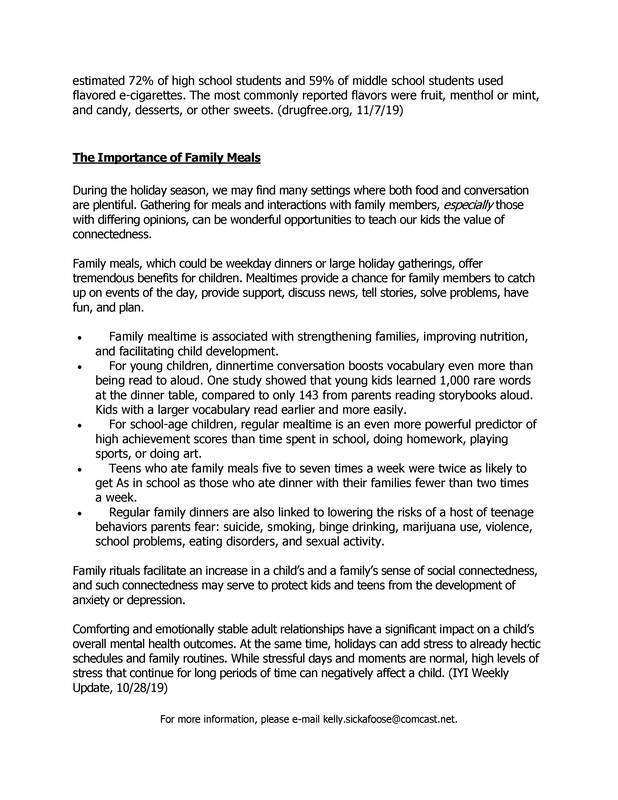
 RSS Feed
RSS Feed
